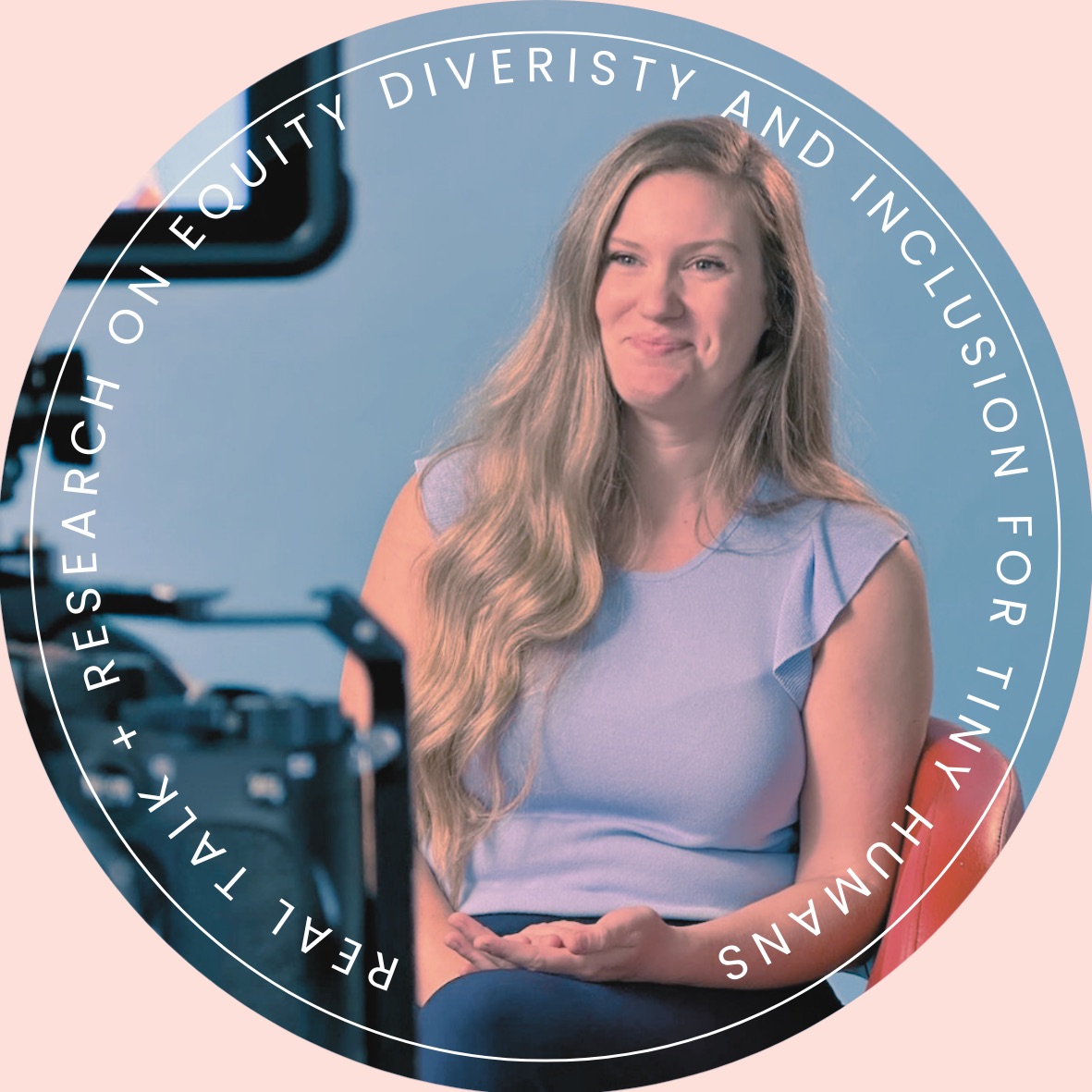Preservation, Protection, and Promotion: Advancing Equity for Black Children
- Emily Clark

- Mar 5, 2024
- 4 min read

In the article, "Attending to the Adversity of Racism Against Young Black Children," the lead author Iheoma Iruka and her team describe the urgent work required to address systemic anti-Black racism and protect Black children during the key formative years of early childhood.
Black children face racism even in the womb with Black mothers facing disproportionately high rates of maternal mortality. From birth into early childhood education and beyond, Black children face additional obstacles compared to their non-Black peers. Iruka et al, (2021) stated, "Systemic racism and discriminatory practices continue to expose Black children and families to less than optimal developmental outcomes (Trent et al., 2019). For instance, the confounding relationship between race and poverty is undeniable: Systemic structures operate to produce unequal life chances and block opportunities to combat generational poverty and racism."
Put simply, Black children are significantly more likely to experience poverty and the associated negative outcomes and limited opportunities- despite the majority having working parents. Iruka et al. (2021) stated, "Three-fourths of young Black children have parents in the workforce (Malik & Hagler, 2016), but their jobs do not translate into higher earnings." In fact, a recent article from the Economic Policy Institute states that Black workers "earned 24.4% less per hour than the typical white worker" and cites persistent discrimination and systemic racism as causes. Iruka et al. (2021) argue that race driven economic obstacles frequently translate into a lack of opportunity to access the supports and services that enrich and maintain the health and development of young children and their families.
Black children have same need for and right to equitable access to high-quality early childhood care and education, yet this right continues to remain unfulfilled compared to their peers. Iruka et al.'s research (2021) indicates that Black children are less likely to have access the high-quality programs required for safe and healthy development. The authors state, "Given the research suggesting the detrimental effects of low-quality ECE programs on children’s cognitive and behavioral outcomes (NASEM, 2019), it is essential to consider how limited access to high-quality ECE relates to Black children’s outcomes, especially if the settings are not racially affirming, but instead biased (Gilliam, 2016; Iruka et al., 2020)," (Iruka et al., 2021).

The authors describe the erasure of children of color from classic narratives and research on child development and argue that structural racism engages White supremacy to benefit White people and disadvantage people of color. Iruka et al.'s (2021) description of anti-Black racism drawn from Sawyer's work is worth reading in full:
"The prevalence of racial disparities experienced by Black children and their families and communities in almost all sectors of life and outcomes indicates a pernicious and oppressive systemic culture—anti-Black racism. Sawyer (2008) proposed four core concepts that define anti-Black racism: (1) history of oppression and unequal incorporation in the social, political, and economic life of the nation; (2) negative and limiting stereotypes that operate to define that group; (3) formal legal and informal barriers to achievement; and (4) ideology that justifies the domination and oppression of the group. Our examples of racial disparities in economic stability and wealth generation, educational experiences and opportunities, and basic access to resources and supports for healthy development show how racism undergirds Black children’s development before birth and throughout their life course." (Iruka et al., 2021).
Anti-Black racism has wide-reaching and devastating effects both within and beyond the realm of early childhood education.
As early childhood educators, we are active participants in racist systems and therefore we are duty-bound to disrupt them.
Iruka et al., (2021) suggest that addressing the damaging effects of White supremacy also requires centering the Black experience, focusing on the ideas of preservation, protection, and promotion to support advancements toward equity. In each of these areas, the authors argue that "policies must ensure equitable opportunities that address the legacy of historical racism and systemic inequities that impact their access to violence- and bias-free, safe, nurturing, and racially-affirming environments, health-promoting supports, and economic stability and upward mobility," (Iruka et al., 2021).
The authors suggest focusing our policy work on key supports in each area, and I've italicized areas that I feel are directly within the early childhood sphere of influence.
Preservation of Black children's identities and cultures
home visiting programs
pay parity
African-centric curriculum and practice
anti-racist teaching
Protection of Black children and families
family and medical leave
safe and affordable housing programs
childcare subsidies
Promotion of Black children and their families' health, wealth and development
accessible health insurance programs
preconception and prenatal health visits
income supports and tax credits
early intervention evaluation and supports
(adapted from Iruka, et al., 2021)
There are lots of way to get directly involved with policies through NAEYC, your local government, or advocacy groups like Defending the Early Years. Beyond policy, our work in the classroom is vital here, particularly in the preservation of Black children's identities as capable, competent, and culturally valuable. Deepening our understanding about the pervasive discrimination against Black children by reading works like "Attending to the Adversity of Racism Against Young Black Children" by Iruka et al. (2021) allows us another opportunity to recenter our teaching in anti- racism and loosen the grip of White supremacy.
You can currently download a free PDF copy of the full piece at this link.
References
Iruka, I.U., Durden, T.R., Gardner‐Neblett, N., Ibekwe‐Okafor, N., Sansbury, A.B., & Telfer, N.A. (2021). Attending to the Adversity of Racism Against Young Black Children. Policy Insights from the Behavioral and Brain Sciences, 8, 175 - 182. https://doi.org/10.1177/23727322211029313





Comments